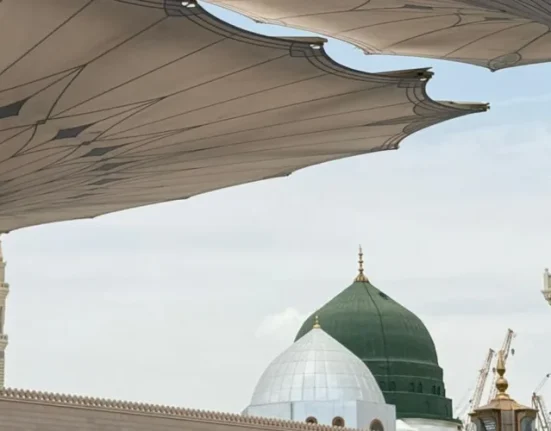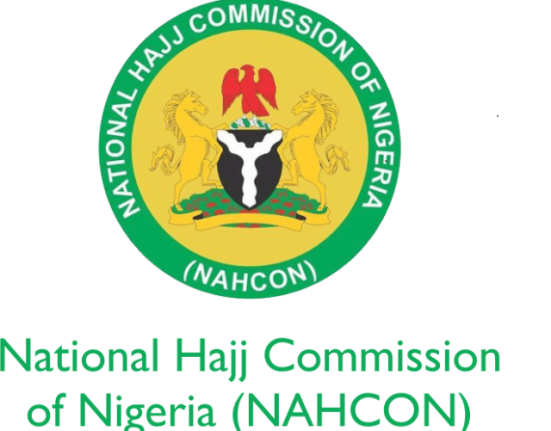In what many consider a highly unusual scene, the mataf — the white marble area encircling the sacred Kaaba at the heart of the Grand Mosque — was seen virtually deserted this week, an uncommon moment of silence at one of Islam’s most revered sites.
Ordinarily teeming with tens of thousands of worshippers performing tawaf — the act of circling the Kaaba in devotion — the mataf now bears an almost surreal emptiness. This rare occurrence comes as Saudi authorities tighten access to Mecca, a move designed to streamline preparations for the Hajj pilgrimage of the year 1446 AH (2025).
The Kingdom of Saudi Arabia has barred all pilgrims and residents without official Hajj permits from entering the holy city, in a bold effort to maintain order and ensure the safety of the expected millions of pilgrims during the sacred season. As of April 29, the Ministry of Interior confirmed that individuals who do not hold a valid Hajj visa or special work or residency permits are strictly prohibited from entering or remaining in Mecca.
This clampdown followed an earlier directive issued by the Directorate of Public Security, which came into effect on April 23, mandating that all non-authorised expatriates be denied entry into the city. The Ministry of Tourism further instructed hotels, travel agencies, and related service providers in Mecca to reject any accommodation bookings from individuals without the proper documentation.
The impact of these stringent measures was immediately visible. Only a limited number of early-arriving Hajj pilgrims could be seen carrying out their rituals in the mataf, captured in footage that has since gone viral across social media. The near-empty scenes have stirred emotions worldwide, especially among Muslims familiar with the usual bustle of the Haram.
In addition to the visa and entry restrictions, the Kingdom has officially closed the Umrah season. April 29 marked the final exit date for Umrah pilgrims, who had been residing in the country under separate short-term pilgrimage visas. With this deadline now passed, all non-Hajj visa holders — including tourists, business travellers, and Umrah pilgrims — are barred from entering Mecca until after the Hajj period.
Furthermore, Saudi authorities have suspended Umrah permit issuance through the Nusuk platform — the official app for pilgrimage services — until June 10. This suspension affects Saudi citizens, residents, and international visitors alike, reinforcing the country’s focus on managing crowd flow ahead of the pilgrimage peak.
The scene at the Grand Mosque is expected to change drastically in the days to come as pilgrims from across continents begin arriving for what is, for many, the once-in-a-lifetime journey of Hajj. Already, travel from Asia, Africa, Europe, and beyond is in motion, with dedicated flights and ground services operating under strict supervision to ensure the orderly movement of pilgrims into the Kingdom.
Saudi Arabia continues to demonstrate its commitment to hosting the Hajj with maximum safety, organisation, and spiritual reverence. This quiet before the spiritual storm underscores the precision with which the Kingdom is preparing for one of the largest annual gatherings of humanity.






